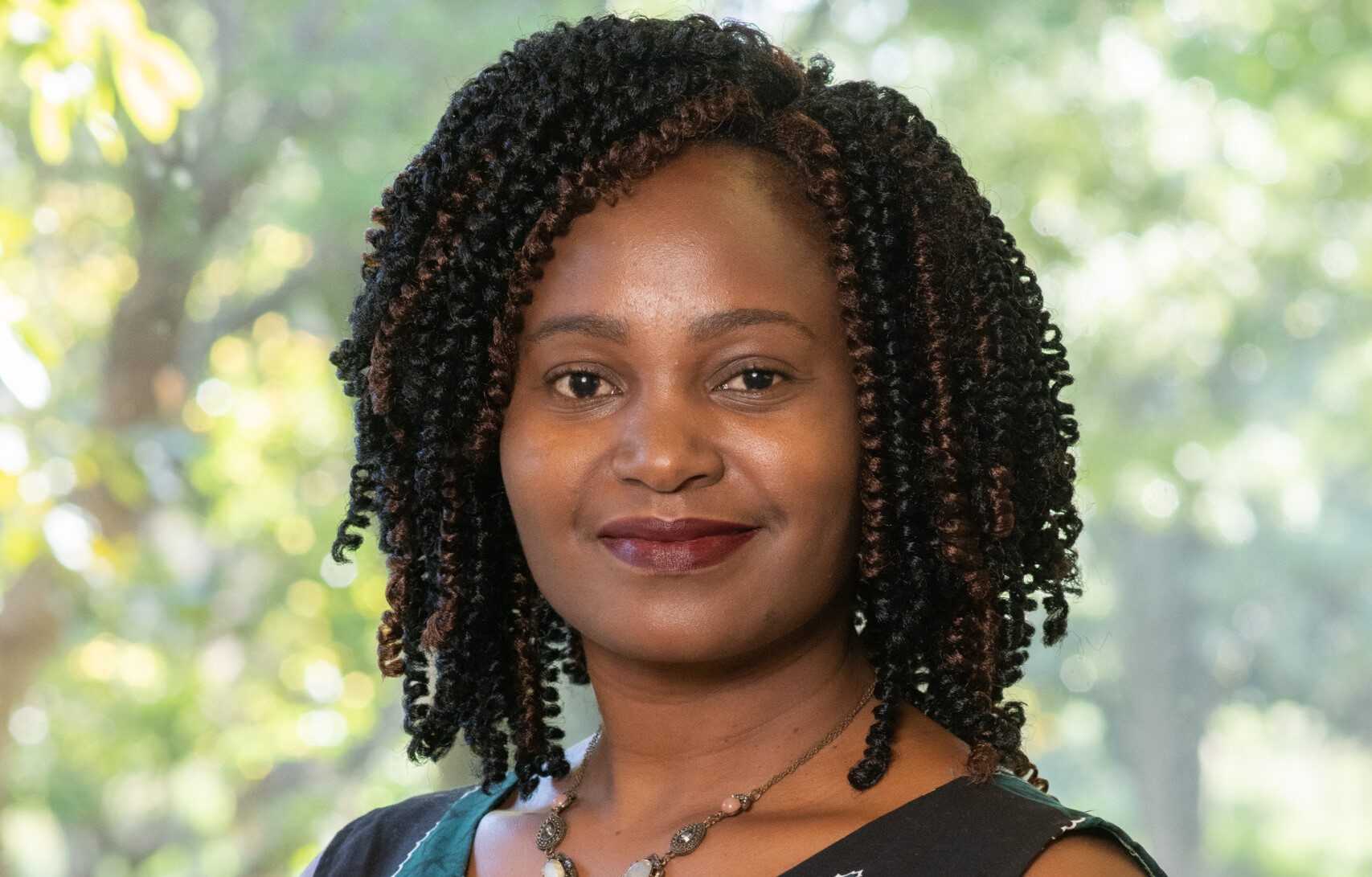Cost of living up 9%
The average cost of living has increased by approximately nine percent to K433793 in November, data compiled by Centre for Social Concern (CfSC) has shown.
Last month, the average cost of living for an average family of six in urban and peri-urban areas was estimated at K397134 while last year, such a family needed K327 606 to afford basic needs.

In its November 2023 Cost of Living Basic Needs Basket, the centre said the significant upswing in the cost of living has been largely due to the 44 percent devaluation of the kwacha.
Reads the analysis in part: “The surge in living costs was attributed primarily to the remarkable increases in the prices of staple commodities, especially maize and sugar.
“The strain on household budgets is felt across various income groups, impacting the ability of families to meet their basic needs. As the cost of essential commodities continues to rise, there is a growing urgency for intervention to mitigate the adverse effects on the people.”
CfSC data shows that the most expensive city in November was Blantyre with a cost of living of K505 427 from K461 421 in October, representing an increase of 9.5 percent, followed by Zomba with acost of living of K455 451 from K401 274 in October representing a 13.5 percent increase.
Karonga, despite having the lowest cost of living at K343 649 in November, still faced an 8.5 percent increase from K316 858 in October.
Consumers Association of Malawi executive director John Kapito said the devaluation of the kwacha “raised new economic disorder that is hard to predict”.
“The weakening of the kwacha by 44 p4ercent has brought in other serious economic triggers like fuel and electricity that have exacerbated sharp increases on inflation,” he said.
The centre has since urged government to among others, adopt economic stabilisation policies, expand social safety nets programmes and increase public awareness campaigns to educate citizens on prudent financial management.
Meanwhile, Treasury has since expanded coverage of social protection programmes.
Among others, Treasury will increase social cash transfer beneficiary coverage from 2 million to 3 million people, and continue with the implementation of Cyclone Freddy recovery intervention targeting 184 920 households where beneficiary households receive K150 000 to support consumption needs.
Treasury also plans to re-introduce the price shock urban emergency cash transfer programme, targeting 105 000 households in Zomba, Blantyre, Mzuzu and Lilongwe city councils with a once-off transfer of K150 000 covering three months, translating to another K1.57 billion.





